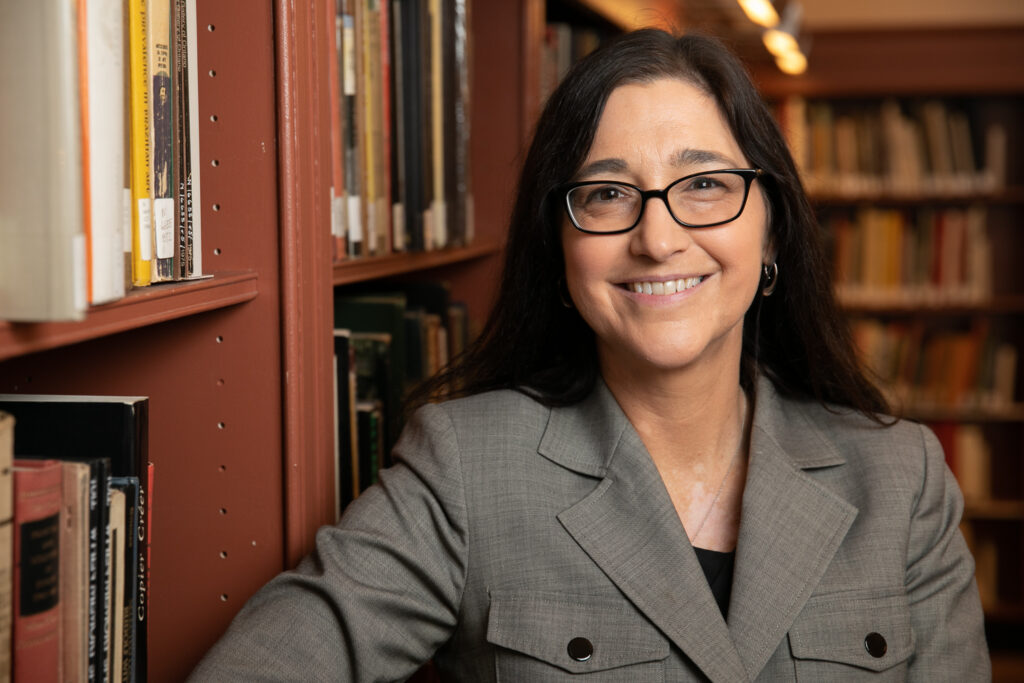
Office hours:
Mondays online 9am-10am [Zoom Meeting ID: 857 1080 8340 Passcode: MCHC2004]
Thursdays in person 10am-10:45am [2137 Boylan Hall]
and by appointment [email: [email protected]]
Common Course Description: The last of the four required Macaulay seminar courses builds on the previous three to consider how public policy shapes urban development. Students will analyze the ongoing interplay of social, economic, and political forces that shape the physical form and social dynamics of New York City. Throughout the semester, students engage in a team research project to be presented at a cross-campus conference.
Specific Seminar Description: Our seminar will focus on understanding the social, economic, and political causes and effects of climate change in New York City (and beyond). In the first part of the seminar, we will briefly explore the ecological history of the city and how industrialization and subsequent deindustrialization shaped the land use of the city, especially around our vast waterfront. In the second part of the class, we will examine how climate change is affecting the city. We will use Superstorm Sandy as a case study – examining both the short-term effects and the longer term consequences, with a focus on various actors (government, communities, non profits, and corporations) particularly around housing, land use, and inequality. Then, we will focus on two on-going climate change consequences: heat islands and recurrent flooding. Students will conduct comparative research to address the question, “what should be done?” and they will develop plans for the future of the city to address these problems. The course concludes with a common event – the “Futures of New York Conference,” that will be held at Macaulay Honors College.
Learning Objectives:
In this seminar, students will:
- Use primary sources, both qualitative and quantitative, as well as scholarly secondary sources, site visits, case studies, and research projects, to understand historical causes of current problems, including the roles of government, community institutions, public policy, and structural inequities
- Develop the ability to engage in key contemporary debates that shape the future of the city through in-class discussions and presentations, drawing on in-depth investigations, presentations, and colloquia, and embracing complex multi-faceted analysis
- Learn to communicate complex ideas in simple and understandable terms, using multiple formats, such as written reports of varying length, professional-quality visual presentations, public speaking, and web- based formats.
- Develop, propose, and defend viable solutions to the city’s challenges.

